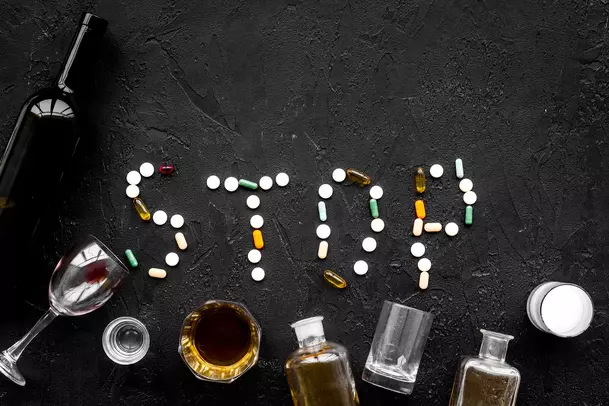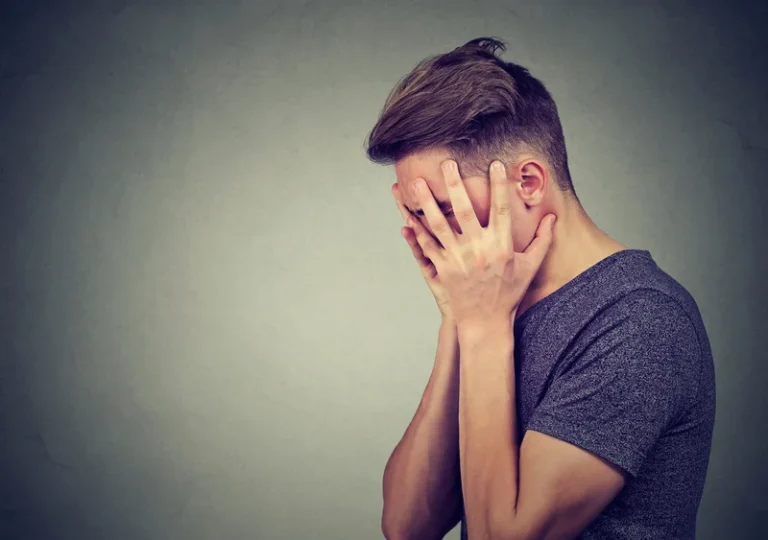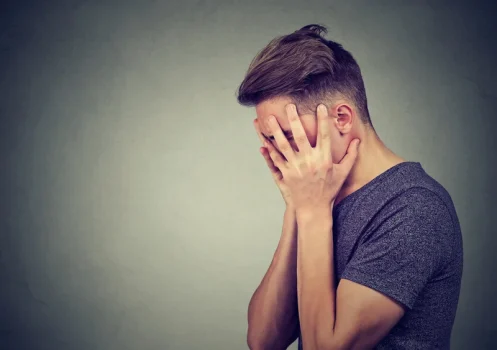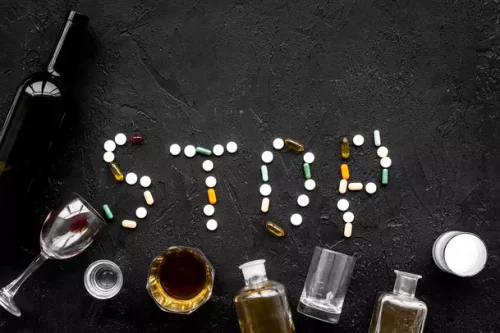
The method of treating sneezing in each case depends on the causes of its occurrence. sneezing when drinking alcohol If sneezing becomes bothersome or worries you for another reason, it is always worth seeking advice from your family doctor, who will refer you to the appropriate specialist if necessary. Frequent sneezing can also result from staying in rooms with insufficient air humidity. A way to moisten the air is, among others, placing wet towels on radiators or using air humidifiers. While talking about the breaking down of alcohol in body, there is an enzyme called as aldehyde dehydrogenase (ALDH). This enzyme is produced from a gene but when, this gene is absent in the body, there is a lack of enzymes which leads to breaking down of alcohol but in an incomplete way.
If you are one of many people who gets wine or beer “sneezes”, here are some of the reasons why…
Some people are sensitive to sulfites and can exhibit adverse reactions to sulfite residues in foods. Such reactions can include wheezing, coughing, chest tightness, and allergic rhinitis (hay fever). In very rare cases, sulfites may cause anaphylaxis, a severe allergic reaction. However, the sneezing caused by drinking beer could also be due to an interaction between beer or alcohol and any medication you’re taking.
Tannins
- Thanks for reading and we hope this post has helped to provide some clarity on the matter.
- Each week, you’ll get an amazing recipe, a useful health tip, and an ingredient to jazz up your shopping basket!
- Grape is the main allergen found in wine, and it is present in both red and white wines.
- Your descent may also have to do with that because those belonging to Asian countries face more of such problems leading to nasal inflammation on drinking alcohol.
It is important to be aware of these allergens as they may cause reactions in those who are sensitive. For those with why do i sneeze when i drink alcohol Red Wine Allergies, the symptoms can be quite unpleasant and may last for several hours. In terms of treatment, medications such as antihistamines can help reduce the severity of symptoms in some cases. Red wine should be avoided if you have a sinus condition or are prone to developing them. The sulfur compounds in red wine can irritate your nasal passages, resulting in inflammation and swelling that can lead to sinus issues. Additionally, the phenolic compounds found in red wine can cause further irritation and worsen the condition.

Microplastics in Alcohol: A Hidden Risk for ALDH2 Deficient Drinkers
However, it is difficult to avoid pollen, lime trees, or grasses in the long run, so it is worth considering desensitization treatment. This will permanently immunize us from tiring sneezing and other allergic symptoms. An allergist specialist can offer this type of help after performing appropriate tests and determining exactly what the allergy is. Your descent may also have to do with that because those belonging to Asian countries face more of such problems leading to nasal inflammation on drinking alcohol. Histamines can be found in wine, as they are produced when yeast is used to ferment grapes.

- Egg whites and gelatin are two of the most commonly used filtration agents due to their ability to absorb proteins and reduce astringency.
- Allergic reactions to beer can manifest as abdominal pain and bloating, chest tightness, hives, wheezing, and chest pain.
- Allergies to ingredients in beer, such as grains, preservatives, or histamines, can also trigger allergic reactions, including sneezing.
- During withdrawal, the body is trying to repair the damage alcohol has done to your gastrointestinal system.
- In general, red wines typically have higher sulfite concentrations than white wines.
However, it is important to choose non-drowsy antihistamines, especially if planning to continue daily activities. Additionally, it is advisable to refrain from further alcohol consumption for the day to prevent exacerbating symptoms. A study assessed the histamine levels in 17 beers, and the results ranged from 21 to 305 micrograms per litre. Red wines generally have higher histamine content than white wines, with levels ranging from 60 to 3,800 micrograms per litre in reds and 3 to 120 micrograms per litre in whites. Alcohol itself can cause blood vessels to dilate, which can lead to swelling, nasal congestion, and excessive mucus drainage.
- For example, red wine contains a much higher percentage of histamines when compared to white varieties, so choose wisely if wine sneezes are known to put a damper on your evening.
- Some experts suggest that the reaction may be more related to the type of beer and its hops content than to the alcohol content.
- Others believe it’s just a coincidental occurrence with no real significance.
- Drinking plenty of water, limiting and slowing down alcohol consumption, and eating before drinking can help to reduce the vasodilation effects of alcohol.
Throat Pain Due To Viral Laryngitis: Types, Symptoms, Prevention, Diagnosis, Treatment

If you find that straight spirits make you sneeze, try diluting them with water or soda before you drink them. This will reduce the alcohol in the drink and make it less likely to trigger a sneeze. We use a pharmacist-formulated blend of Quercetin, Bromelain, Dihydromyricetin, Cysteine, L-Theanine, & B Vitamins to stop alcohol flushing before it can begin. The third type of headache caused by alcohol is a “Delayed Alcohol-Induced Headache” (“DAIH”). These headaches usually occur hours after a patient has stopped drinking, as their blood alcohol level returns to zero. While the cause of DAIH is unknown, researchers believe they are related to a drop in a neurotransmitter called serotonin, which regulates the body’s central pain control.

You may get stuffy nose owing to the presence of some preservatives in alcohol. Many times, some allergic reactions can make you more sensitive towards alcohol intake. Others believe it’s just a coincidental occurrence with no real significance. Whatever the source, sneezing after drinking beer is a phenomenon that many people have experienced.
Why am I sick every time I drink?
- A doctor will be able to determine the cause of your symptoms and provide appropriate medical treatment.
- It is essential to recognize when one has an alcohol intolerance, as this can be a serious health concern.
- We may never know for sure but that doesn’t mean we can’t enjoy a glass of vino every now and then.
- This is why you often experience congested breathing after consuming alcohol.
- As soon as you feel the first symptom you want to sneeze, use the tip of your index finger to firmly pinch the tip of your nose and hold it until you feel the urge to sneeze has passed.
- Understanding the underlying cause of sneezing after drinking beer can help individuals manage their symptoms effectively.
When alcohol is removed, the brain struggles to produce these chemicals in the right amounts, leading to mood swings and irritability. Your body is essentially rewiring itself, and it takes time for your emotions to stabilize. Even if people don’t consume enough alcohol to cause a hangover, they can still get a headache from drinking.
One of the most common alcohol-related allergic reactions is to wines containing sulfites. Sulfites are used as a preservative in wine and other alcoholic beverages, but can lead to an adverse reaction in some people. Symptoms of this kind of allergy include sneezing, itching, hives and difficulty breathing. In some cases, symptoms may be the result of an underlying condition that can be managed with proper medical treatment. For example, a person with amphetamine addiction treatment histamine intolerance can experience adverse reactions when drinking alcohol because their body is unable to process the histamine in certain types of drinks. In this case, avoiding these types of drinks and/or medications that contain histamine can help reduce the symptoms.
